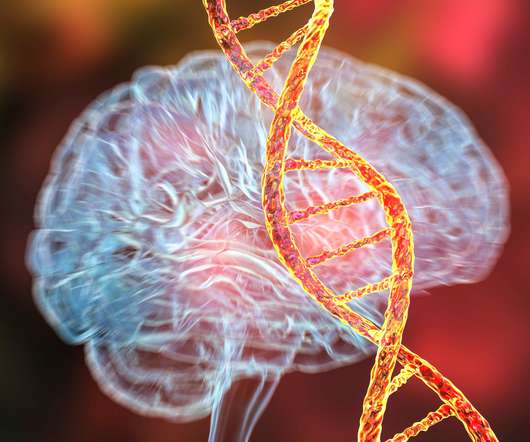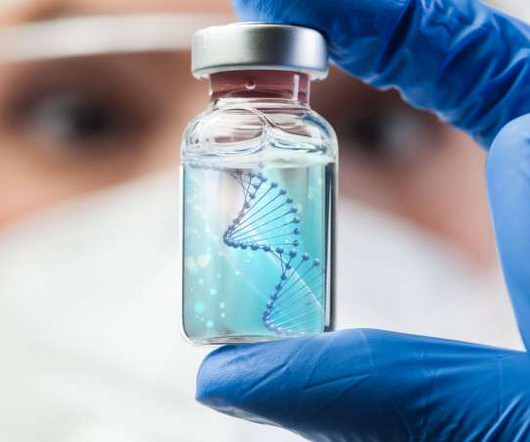Abu Dhabi DoH signs new deal to accelerate development in life sciences
Pharmaceutical Technology
JUNE 16, 2023
The Abu Dhabi Department of Health (DoH) in the UAE has made a declaration of collaboration with Mass General Brigham’s (MGB) International Center for Genetic Disease (iCGD) to advance life sciences.















Let's personalize your content